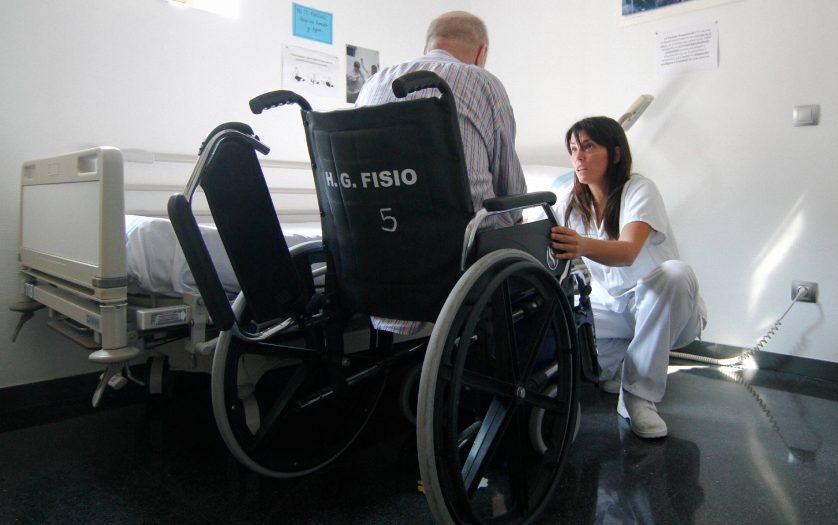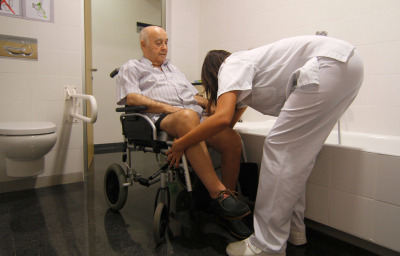
Stroke continues to place a heavy burden on Australians, especially those from culturally and linguistically diverse (CALD) backgrounds, with a stroke occurring every 11 minutes. Yet, new research led by University of Wollongong (UOW) PhD candidate Shegaw Zeleke has found a striking paradox: despite the disproportionate impact of stroke on CALD communities, stroke care guidelines worldwide lack cultural recommendations.
“All the evidence points to stroke being far more common among people from culturally diverse backgrounds, but when you look at the guidelines that inform how we deliver care, the cultural aspect is almost invisible,” Mr Zeleke said. “Our review of 24 international stroke guidelines revealed only three included culture-related recommendations, and out of nearly 3,000 recommendations, just six addressed cultural considerations. That’s fewer than 1 per cent, a staggering deficit.”
The UOW Health Innovations team systematically reviewed English-language stroke guidelines published between June 2019 and May 2024. Their findings, published in the highly regarded journal Stroke, underline that while effective stroke care demands understanding a patient’s cultural values, practices and needs – including language barriers, diet, customs, and religious practices – most guidance assumes a one-size-fits-all approach.
“A failure to include culturally tailored recommendations can lead to poorer health outcomes, increased risk of disability, and preventable deaths in already vulnerable populations,” co-author Dr Sabine Allida said. “This absence likely reflects that most stroke research is conducted in homogeneous populations, highlighting the need for more research in multicultural communities.”
Mr Zeleke called for renewed commitment to equity in stroke care from healthcare leaders, policymakers and clinicians: “Incorporating cultural considerations into guidelines isn’t just about checking an ethical box, it’s about providing care that works for every person, no matter their background. We need practical tools, guidance, and workforce training that reflect the realities of our multicultural communities. Culturally safe and respectful care is not optional; it’s essential.








